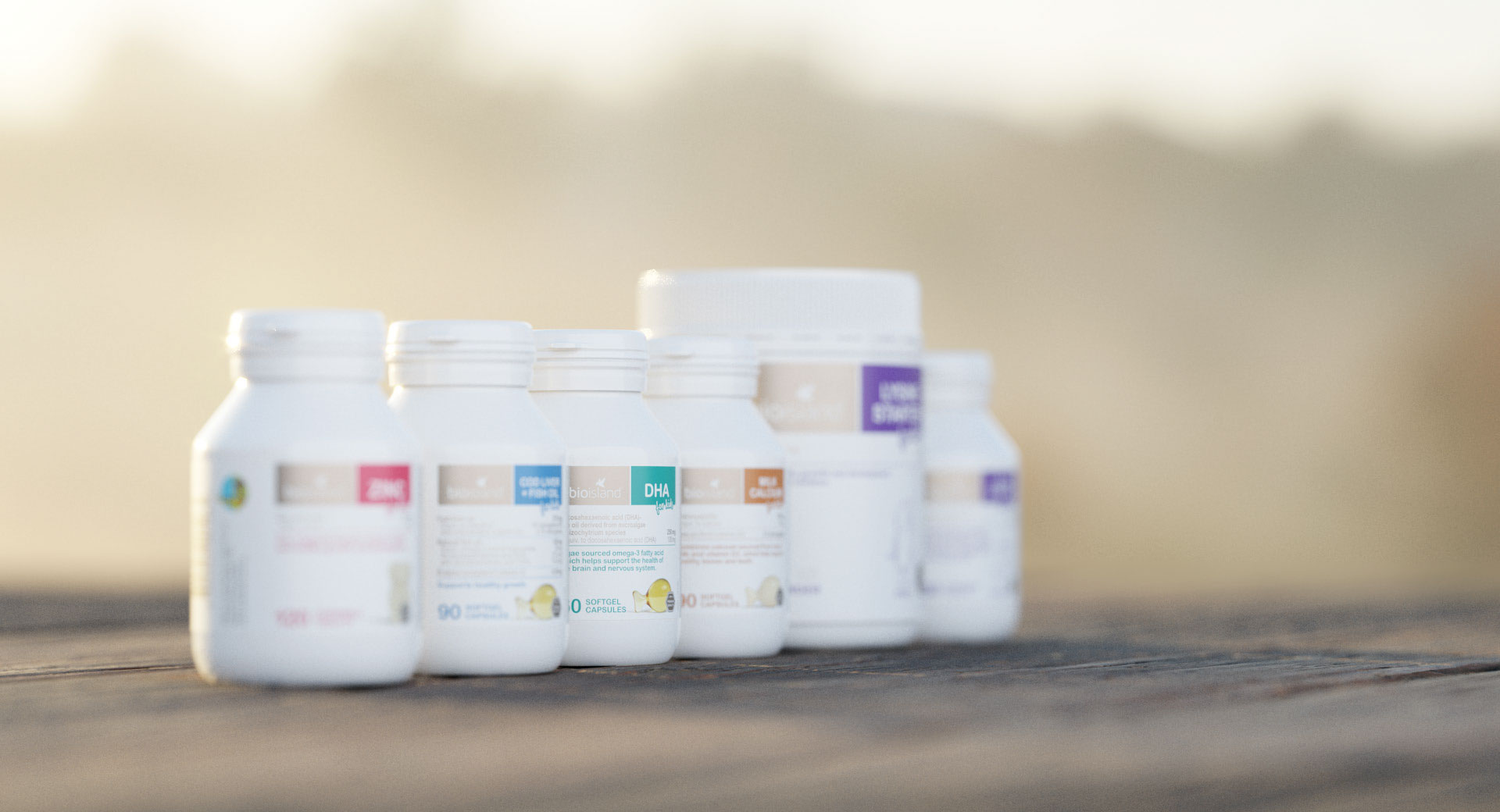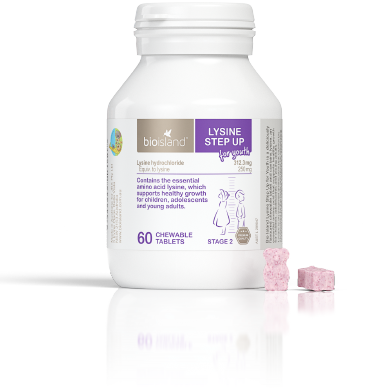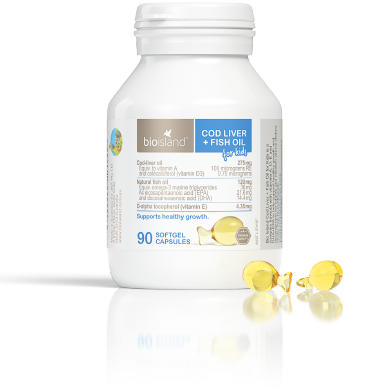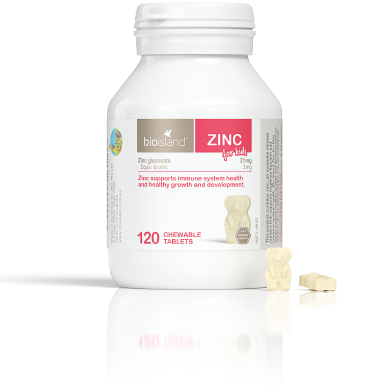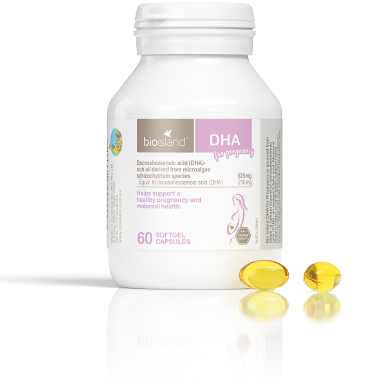
Nutrients your body doesn’t make and the best way to get them into your diet
The body is an amazing thing, but for it to do its job correctly we need to make sure we are fuelling it right.
By Bio Island Nutrition Team
The human body is an amazing machine constantly processing and making sure we are functioning to the best of our ability based on our lifestyle and environments. But there are certain things our bodies can not produce such as certain vitamins and minerals that we must require from diet or supplements. Without these needed nutrients our bodies would become deficient and therefore various issues or conditions may arise.
Vitamins
There are fat soluble and water-soluble vitamins, each group providing certain needs and functions within the body. Fat soluble vitamins include vitamin D, E, K and A, these vitamins must be obtained through diet and then will be stored in fatty tissues within the body for later use.
Food sources include:
- Carrots (vitamin A)
- Fatty fish (Vitamin D)
- Hazelnut (vitamin E)
- Kale (Vitamin K)
Water-soluble vitamins that we cannot store and like fat soluble vitamins must be consumed from our diet every day. Water soluble vitamins include vitamin C and all the vitamin B’s.
Vitamin C is probably one the most well-known vitamins worldwide and especially for its connection to immune health and cold supporting functions. Vitamin C or ascorbic acid helps support in keeping your skin, bones and connective tissue healthy, along with supporting wound healing and helps you absorb iron from food.
Good food sources of vitamin C include:
- Kiwifruit
- Berries
- Citrus fruits (oranges, lemons or limes)
- Tomatoes
- Broccoli
- Red, yellow and green capsicum
- Blackcurrants
There are 13 vitamins in total and 8 of them are within the B group vitamins. They include thiamin, riboflavin, niacin, B5, B6, biotin, folic acid and vitamin B12. They each play different roles in the body and some include helping release energy from food, nervous system support, production of red blood cells, keeping your skin and eyes healthy.
Foods sources that include the B group vitamins:
- Salmon (Niacin)
- Spinach (Folic acid)
- Eggs (Riboflavin)
- Milk (B5)
- Beef (B6)
- Oysters (B12)
- Pork (Thiamin)
Minerals
Minerals are elements that are found in foods and rocks and are needed in the human body to develop and function normally. These essential elements include calcium, phosphorus, potassium, sodium, chloride, magnesium, iron, zinc, iodine, chromium, copper, fluoride, molybdenum, manganese and selenium. Majority of minerals are needed to activate enzyme reactions and then have individual roles in the body as well. Obtaining these minerals in your diet is pretty easy considering most of them we only need small amounts.
Amino Acids
Amino acids help the building blocks of proteins and are vital compounds needed in our bodies. They also help with synthesizing hormones and neurotransmitters. There are 20 amino acids and from this 20, 9 of them are essential. Meaning the body can not make them and must be obtained through diet. These 9 essential amino acids include histidine, isoleucine, leucine, lysine, methionine, phenylalanine, threonine, tryptophan and valine. Foods that contain all 9 essential amino acids are called complete proteins. Some of these foods include meat, seafood, eggs, quinoa and dairy products.
Maintaining a healthy diet with a varied mix of each food group and looking at recommended servings is a key to helping maintain the levels of these nutrients within your body. Focusing on eating a colourful plate and mixing your meals up to help keep focused on a healthier lifestyle. Most foods will provide a range of vitamins, amino acids and minerals, helping achieve recommended dietary intakes easier.
The body is an amazing thing but for it to do its job correctly we need to make sure we are fuelling it to its best ability to provide us with a happy and energetic lifestyle.
This information does not take into account your personal situation and is general in nature. You should consider whether the information is appropriate for your needs and seek professional medical advice.
Always consult your healthcare professional before taking any supplements or if any concerns arise.
